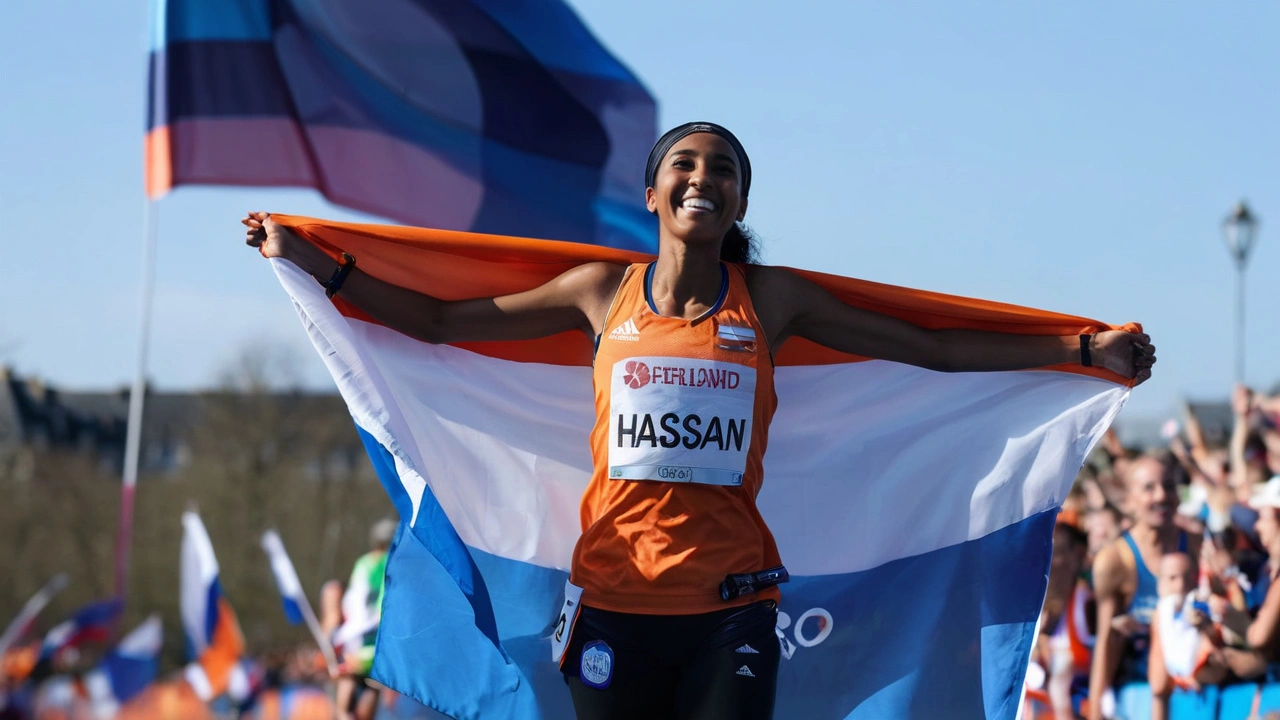Women's Marathon: News, Training & Race Day Tips
Want to run a faster women's marathon or follow the latest race news? This page pulls together clear training steps, race-day tactics, and what to watch in African and global marathons. Whether you’re chasing a personal best or just finishing strong, use these practical tips to prepare and race smarter.
Training essentials you can use
Start with a steady weekly plan. Beginners aim for 30–50 km per week, intermediates 60–120 km. Build volume slowly—add no more than 10% per week. Include one long run, one tempo run, and one interval session each week.
Long runs: do 25–35 km for marathon prep, sometimes with segments at goal pace. Tempo runs: 20–40 minutes at a comfortably hard pace to raise your lactate threshold. Intervals: try 6–8 x 800m or 5 x 1 km with equal rest to boost speed and running economy.
Don’t skip recovery. One easy day or full rest day each week prevents burnout. Add two short strength sessions (20–30 minutes) focused on glutes, core, and single-leg work to reduce injury risk and improve form.
Practice fueling and hydration on training runs. Test the gel or drink you’ll use on race day so your stomach isn’t surprised. Aim for 30–90 g carbs per hour depending on your pace and tolerance.
Race day strategy that actually works
Start controlled. Going out too fast ruins a marathon more than anything else. Plan even or negative splits: run the second half equal to or slightly faster than the first. Use a GPS watch for pacing but trust how your body feels, especially in heat.
Heat and humidity matter. Many African races get hot fast—use light clothing, pre-wet your kit, slow the first 10 km a bit, and take fluids early. If the course has hills, train on similar terrain so you’re not surprised on race day.
Fueling plan: take your first gel around 30–45 minutes in, then every 30–45 minutes after that, alongside small sips of an electrolyte drink. If you struggle with gels, try chews, bananas, or sports bars you’ve tested in training.
Final week: taper for 10–14 days depending on your training load. Cut volume but keep short, sharp sessions to stay fresh. Sleep, hydrate, and stick to familiar food—race week is not the time to try new diets.
Follow this tag for the latest race results, start lists, and quick training tips focused on women's marathon racing. Want a simple 12-week plan or race checklist? Check back here for updates and practical guides to help you cross that finish line strong.
